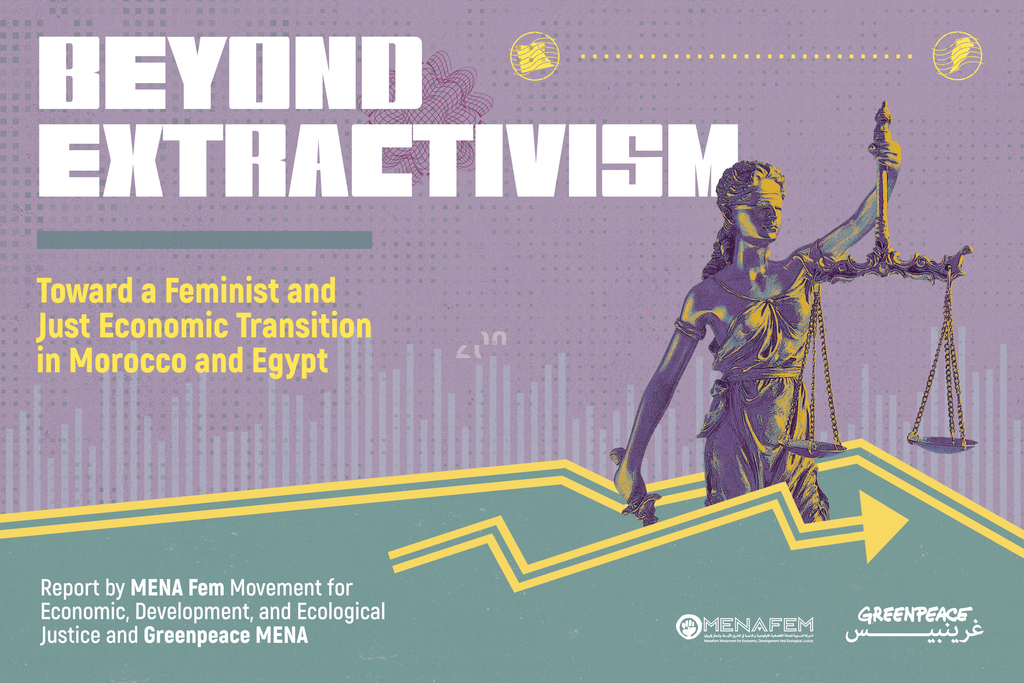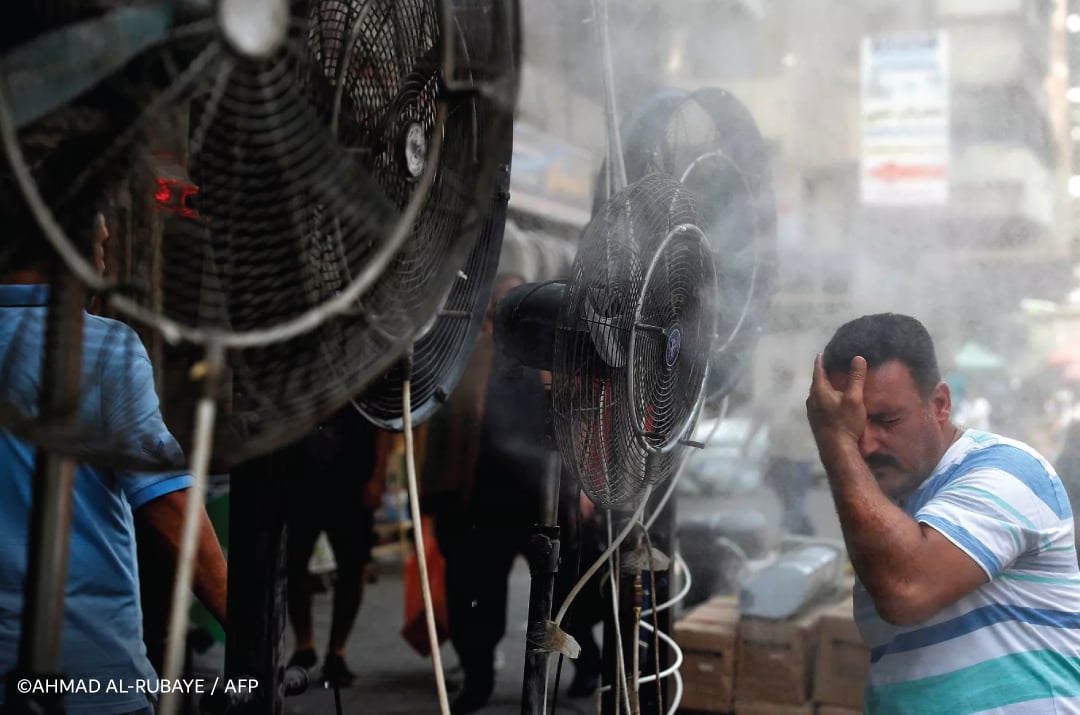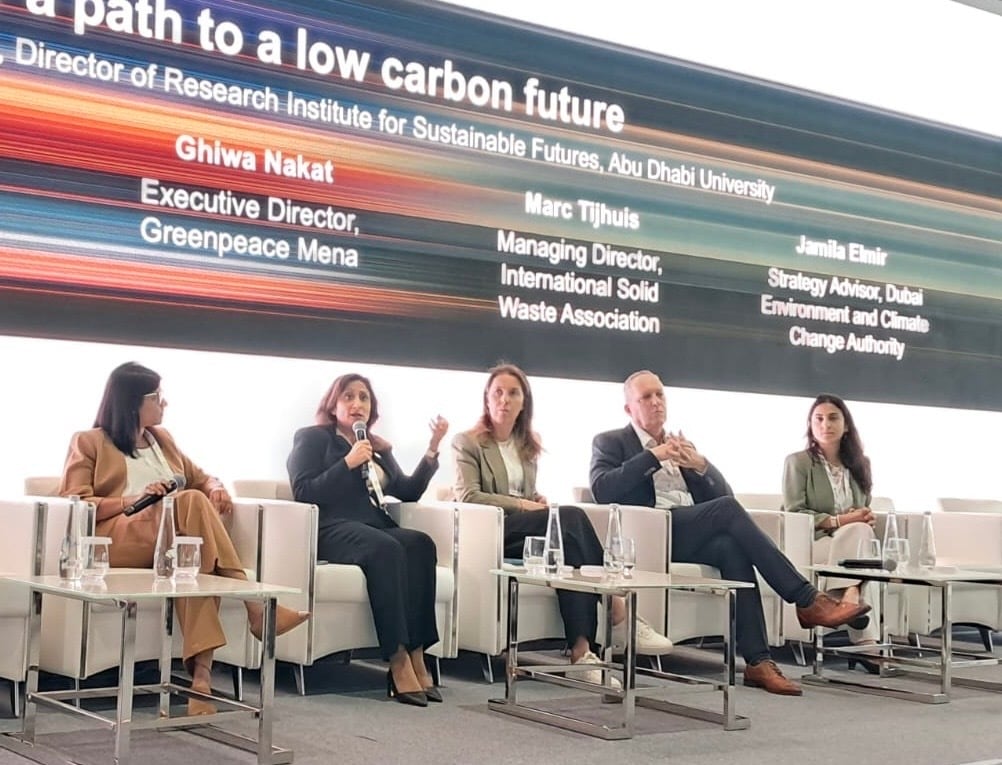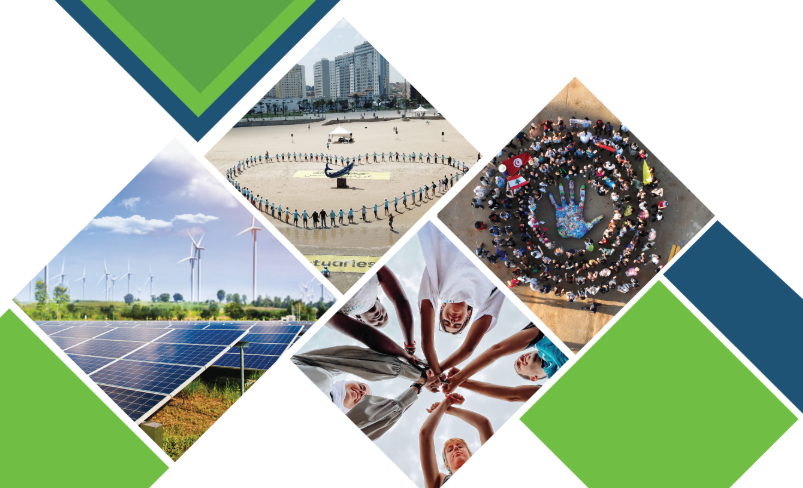
| European investments in energy and agriculture in the region may worsen environmental and social harm. Thus reveals a new report by Greenpeace MENA and the MENAFem Movement for Economic, Development, and Ecological Justice. The report reveals how European investments in Morocco and Egypt’s oil, gas, renewable energy, green hydrogen, and agriculture sectors are reinforcing harmful extractivist relations by extracting resources to the Global North, with little value added to Global South economies. |
The report, titled “Beyond Extractivism: Towards a Feminist and Just Economic Transition in Morocco and Egypt”, challenges the widely held belief that European investments create mutual benefits. Instead, it reveals how these investments in oil, gas, renewable energy, green hydrogen, and agriculture in Morocco and Egypt often perpetuate unfair resource exploitation, with wealth and benefits flowing to the Global North—while contributing little to local economies. Rather than fostering sustainable development, these investments drain natural resources and exacerbate environmental degradation in the host countries.
The report shows that the Middle East and North Africa (MENA) region continues to rely on economic systems that deplete resources, increase debt, and exacerbate the climate crisis. Meanwhile, temperatures in the region are rising at twice the global average, leading to extreme climate events and water scarcity. Energy-importing countries, such as Egypt and Morocco, face an additional challenge: securing their energy supply while depending on imported fossil fuels and grappling with growing energy demand.
Key findings from the report:
- Oil and gas projects are degrading ecosystems and depleting essential resources like water and arable land, disrupting biodiversity and long-term resource stability.
- The report raises concerns about Europe’s push for green energy projects in North Africa, like green hydrogen, arguing that these projects are more about securing Europe’s energy needs than genuinely supporting sustainable development and a just transition in the Global South.
- Prioritising exports over local benefits fosters dependency and entrenches socio-economic disparities.
- Extractivist practices are deepening gender inequalities by relegating women to low-wage, insecure roles and increasing unpaid care burdens.
- European agribusiness investments in Morocco and Egypt focus on export-oriented cash crops like tomatoes and citrus, which demand substantial water resources and intensify water scarcity in an already dry region.
- Alternatives exist. The report emphasises the need to move away from an economic model of endless growth and embrace a feminist sufficiency-based economic model that prioritises wellbeing and sustainability. It highlights economic philosophies, grassroots initiatives, and community-centric renewable projects in the Global South, which embody the principles of a wellbeing economy that will nurture and protect people and the planet.
Policy recommendations in the report for a wellbeing economy also include enhancing transparency and accountability in investments, aligning economic models with local values, history and tradition, and helping local communities build on their resilience and capacity.
Established in 2023, the MENAFem movement consists of local and regional organizations dedicated to achieving equitable development and fostering a just, ecologically sustainable feminist economy.




Discussion
Dear staff of Greenpeace, I admire Greenpeace sincerely for much of what you have done. But by arguing that "European investments in Morocco and Egypt’s oil, gas, renewable energy, green hydrogen, and agriculture sectors are reinforcing harmful extractivist relations by extracting resources to the Global North, with little value added to Global South economies" you are repeating false economic ideologies and - I am afraid - jeopardize the sympathy that many might have for you. Do you seriously argue that Morocco should not produce renewable energy from Europe? This is an idea that could so obviously be beneficial for both sides and the environment that it seems as if the only reason it could be opposed by Greenpeace is that your organisation is blinded by anti-trade ideology. What any of this has to do with feminism also does not seem obvious to anyone. Best, Martin Schröder
Dear Mr. Schröder, Thank you for your comment and your continued support of Greenpeace. We truly appreciate your engagement with our work. To clarify, our concern is not with European investments in Morocco and Egypt’s renewable energy sectors per se, but rather with the current dynamics of these investments. We do not argue that Europe should refrain from investing in renewable energy or collaboration with countries in the Global South. Rather, we are highlighting that the existing investment models often fail to provide equitable benefits for local economies. In many cases, these investments, while beneficial in some respects, are structured in ways that reinforce extractivist practices, where resources are taken from the Global South with minimal value added to the local economies. This can result in limited benefits for the people and communities in these regions, which is a concern that we feel should be addressed for truly sustainable and just development. Regarding renewable energy, we support initiatives that can benefit both the Global North and South, but we stress that these investments need to be mutually beneficial, ensuring that the local populations in Morocco, Egypt, and other countries involved in such projects can also reap the rewards in terms of job creation, local development, and environmental stewardship. Additionally, this report advances a feminist sufficiency-based wellbeing economic model as a viable alternative to the current extractivist model. This perspective fundamentally challenges the traditional growth-centric model, emphasising that the economy should serve people and the planet. Unlike conventional paradigms, which equate increased production and consumption with improved living standards, a feminist sufficiency model recognises that excessive consumption is neither necessary nor desirable for quality of life. We welcome your thoughts and appreciate the opportunity to engage in this important dialogue. Best regards, Hanen Keskes Wellbeing Economy - Campaigns lead Greenpeace MENA